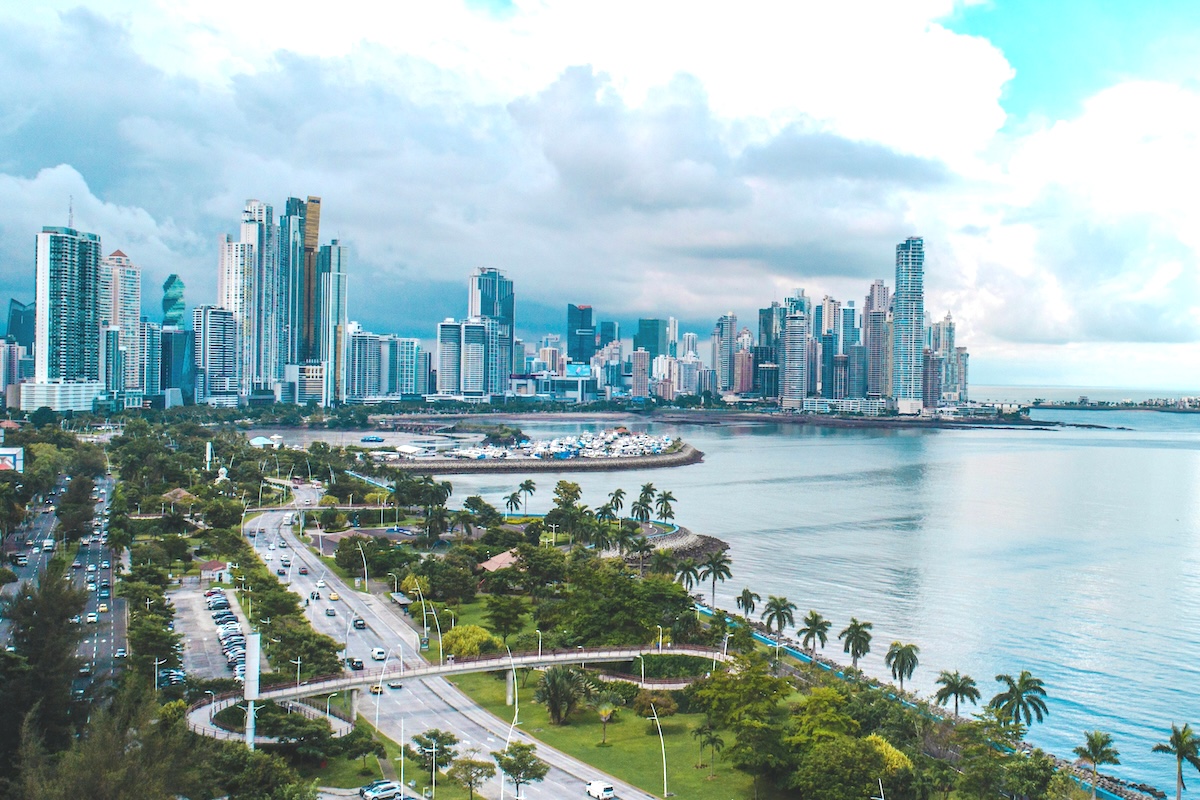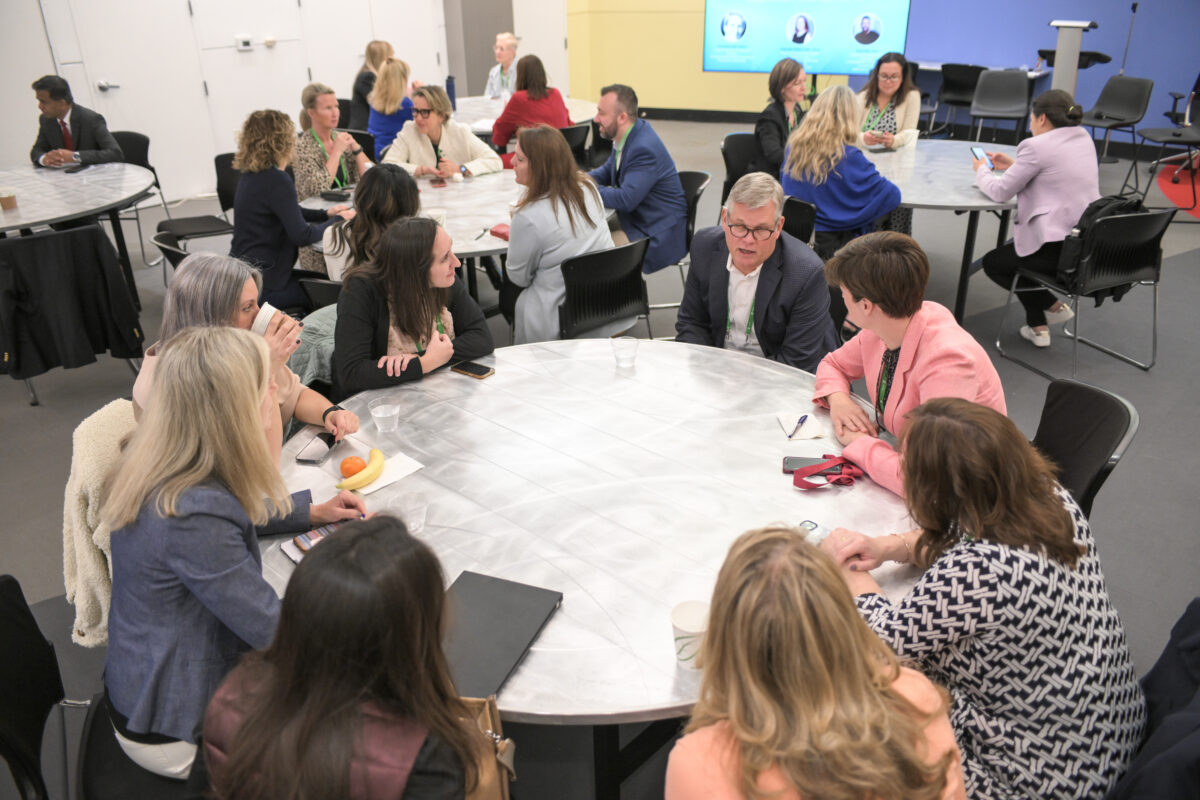Skift Take
Visa processing delays have prevented some international attendees from participating in trade shows and conferences. There is an effort underway to help, but what will a looming government shutdown mean to visa issues?
Lengthy visa wait times will keep 2.6 million people from visiting the United States in 2023, says the U.S. Travel Association. It will cost the U.S. $12 billion.
Appointment wait times for B-1/B-2 visas exceed 120 days at 76 U.S. embassies and consulates worldwide. There are particularly long wait times in Mexico City, Mexico (851 days); Bogota, Colombia (790 days); Mumbai, India (470 days); and Abu Dhabi, UAE (405 days).
Meeting planners are frustrated. These delays are costing them business. “International exhibitors, attendees, and buyers must make significant financial outlays six to nine months in advance of events. As a result, the U.S. effectively remains closed for business to our stakeholders and customers in these key markets and many others,” says Tommy Goodwin, vice president of government affairs for the Exhibitions & Conferences Alliance (ECA), a coalition of professional, trade, and labor organizations in the face-to-face business events industry.
Visa Processing Improvement Act May Help
ECA and others are actively engaged on Capitol Hill to reduce visa delays. There is some traction. The Visa Processing Improvement Act is bipartisan legislation recently introduced by Sen. Amy Klobuchar and Sen. Jerry Moran. It addresses long visitor visa appointment wait times harming meetings and conventions.
In addition, the 2024 State, Foreign Operations, & Related Programs government funding might help the situation. ECA is hoping to secure an extra $300 million in government funding.
“Unfortunately, the U.S. business events industry is still rebounding from the devastating economic impact of the pandemic. According to data from the Center for Exhibition Industry Research, our sector is still down 13.8% from 2019. Largely driven by our continued inability to fully welcome back international exhibitors, attendees, and buyers to our events in the U.S.,” says Goodwin in a letter to government officials.
With a possible government shutdown, this may have to wait. “At this point, it’s unlikely FY24 government funding will be done until January at the earliest. This is delaying any relief we can secure,” says Goodwin.
Losing Competitive Edge
Visa time impedes the U.S. from competing for international conventions. “It becomes a competitive issue. International event organizers are going to turn to countries where all their attendees and exhibitors can take part,” said Goodwin.
Take Canada. Meetings Mean Business Canada advocated for change and the Immigration Refugees and Citizenship Canada (IRCC) is expediting visitor visas for those attending conferences and events. Thirteen more countries have been added to Canada’s partial visa-exempt countries list.
Now, travelers from 67 countries to Canada can apply for an electronic travel authorization (eTA) instead of a visa, with most eTA applications approved within minutes.
The Government of Canada is also committed to ensuring priority visa processing so those from all over the world attending major conferences and events in Canada make it there on time.
“Programs that facilitate the entry of people and goods into Canada for a conference (like IRCC’s special events unit and Canada Border Services Agency’s Major Events Management team ) differentiate Canada from other jurisdictions we are competing with to attract high-value international business events to Canada who have tougher entry requirements,” said Virginie De Visscher, executive director of business events, Destination Canada.
“They Wait, We Lose”
The U.S. knows the heat is on. U.S. Travel Association has an initiative called “They Wait, We Lose.” It focuses on excessive visitor visa wait times. “The U.S. State Department has acknowledged this persistent problem and the significant toll it takes on our economy. To facilitate more inbound group business travel, the State has recently increased resources and put a system in place to more quickly process visas for travelers who are visiting the U.S. to attend a conference, convention, or trade event,” says Tori Emerson Barnes, executive vice president, public affairs and policy, U.S. Travel Association.
Photo credit: Jack Mac / Pixabay





